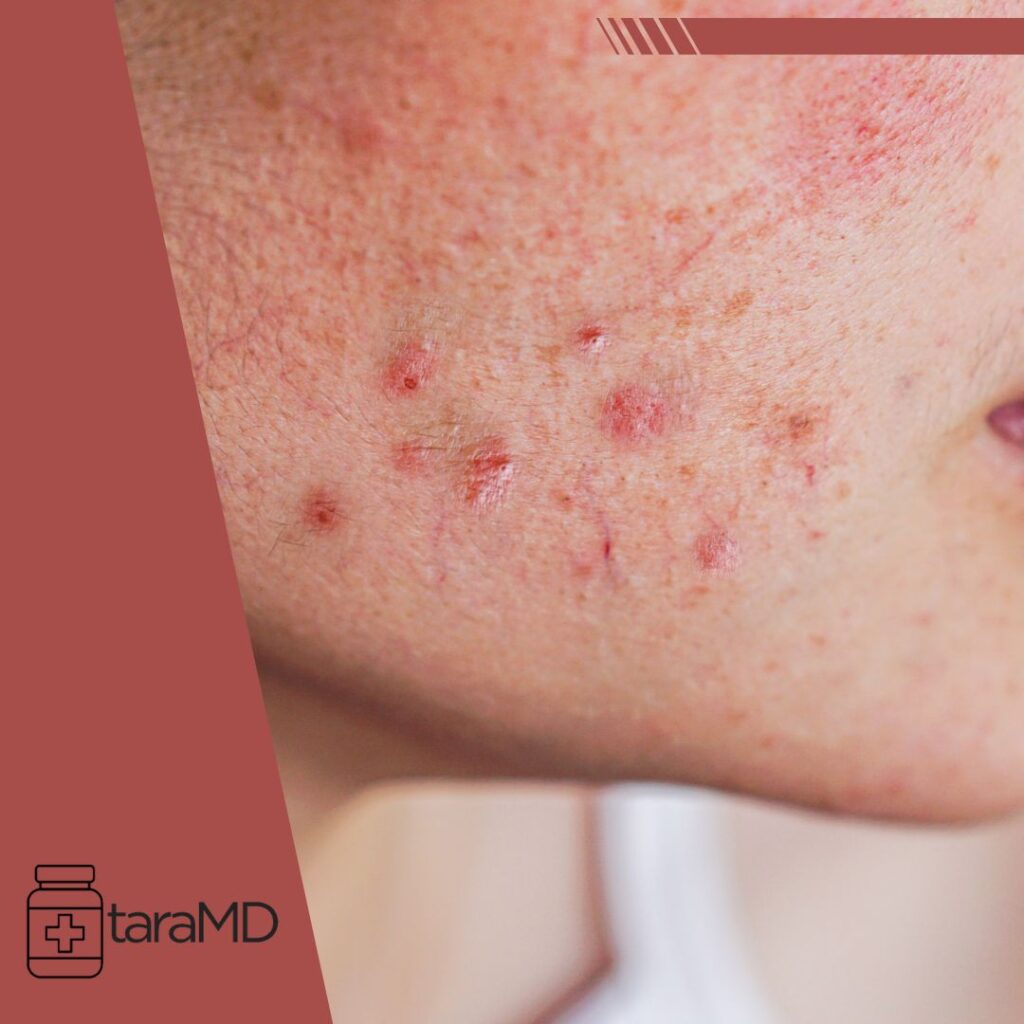Acne is one of the most common skin conditions, affecting millions of people worldwide. From teenagers experiencing hormonal changes to adults dealing with stress-related breakouts, acne can impact confidence and overall skin health. While mild cases may improve with over-the-counter products, persistent or severe acne often requires a more targeted approach. Understanding the most effective acne treatment options can help you take control and achieve clearer, healthier skin.
1. Topical Treatments
Topical treatments are often the first line of defense against acne. Dermatologists recommend products containing benzoyl peroxide, which kills acne-causing bacteria and reduces inflammation. Another common ingredient is salicylic acid, which helps unclog pores and prevent new breakouts. For more stubborn acne, retinoids, such as adapalene or tretinoin, can accelerate cell turnover, preventing clogged pores and promoting smoother skin. It’s important to introduce these products gradually to avoid irritation and dryness.
2. Oral Medications
In cases of moderate to severe acne, oral medications may be necessary. Antibiotics, such as doxycycline or minocycline, help reduce bacteria and inflammation from within. For hormonal acne, especially in women, oral contraceptives or anti-androgen medications can regulate hormone levels that contribute to breakouts. For severe cystic acne, isotretinoin may be prescribed, which targets oil production and prevents long-term scarring. These medications require supervision by a dermatologist due to potential side effects.
3. Professional Procedures
Dermatologists can also offer in-office procedures to improve acne and its long-term effects. Chemical peels remove dead skin cells, unclog pores, and reduce the appearance of acne scars. Laser and light therapies target bacteria and inflammation, promoting faster healing. For severe cystic acne, corticosteroid injections can reduce swelling and pain quickly. These procedures are often used in combination with topical or oral treatments for maximum effectiveness.
4. Lifestyle and Skincare Adjustments
While medications and procedures are important, lifestyle changes play a crucial role in managing acne. Maintaining a consistent skincare routine with gentle cleansing and non-comedogenic products helps prevent flare-ups. Avoiding excessive sun exposure and managing stress levels can also improve skin health. Additionally, a balanced diet rich in fruits, vegetables, and whole grains may support clearer skin, as some studies suggest links between high-glycemic foods and acne flare-ups.
Take Control of Your Acne
Acne can be persistent and frustrating, but with the right combination of treatments, it is manageable. From topical and oral medications to professional procedures and lifestyle adjustments, there are effective options available for every type and severity of acne. If over-the-counter solutions aren’t working or your acne is severe, consulting a dermatologist is the best way to create a personalized treatment plan. Taking proactive steps today can help you achieve clearer, healthier skin and regain confidence in your appearance.
Read more:

